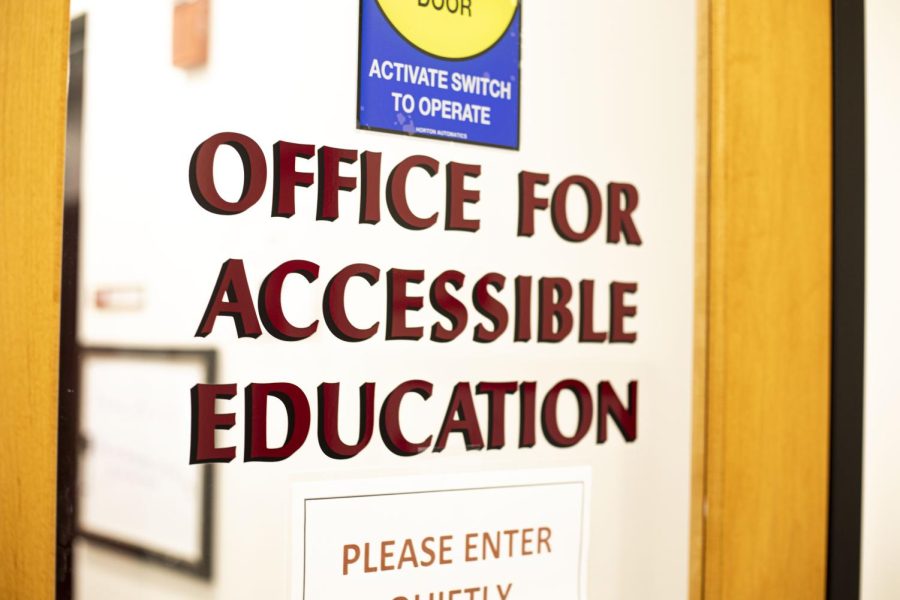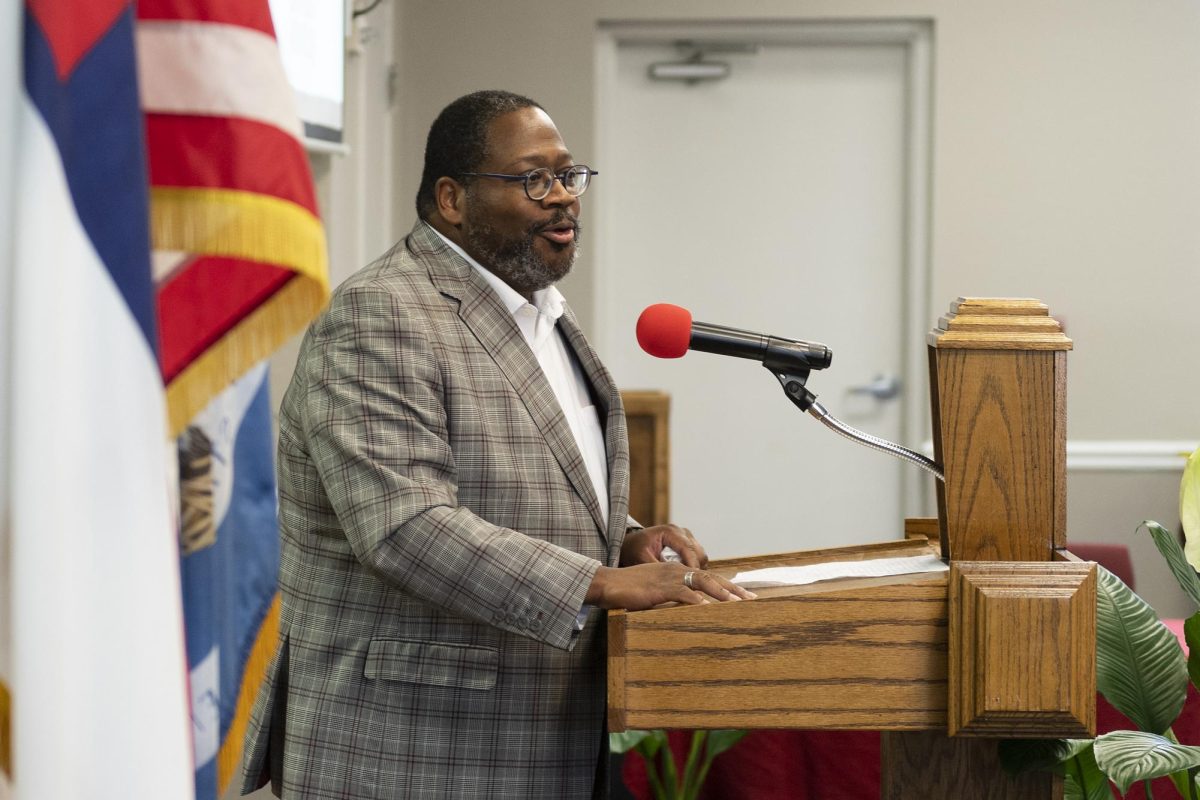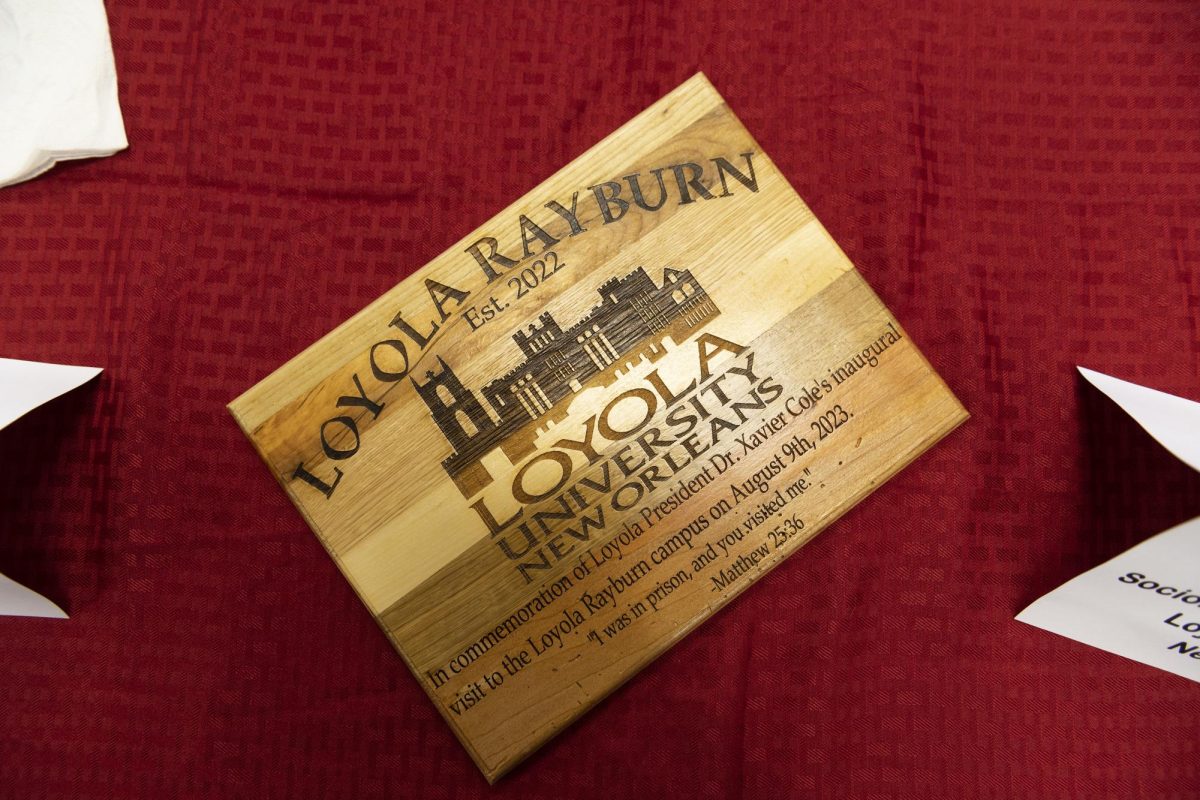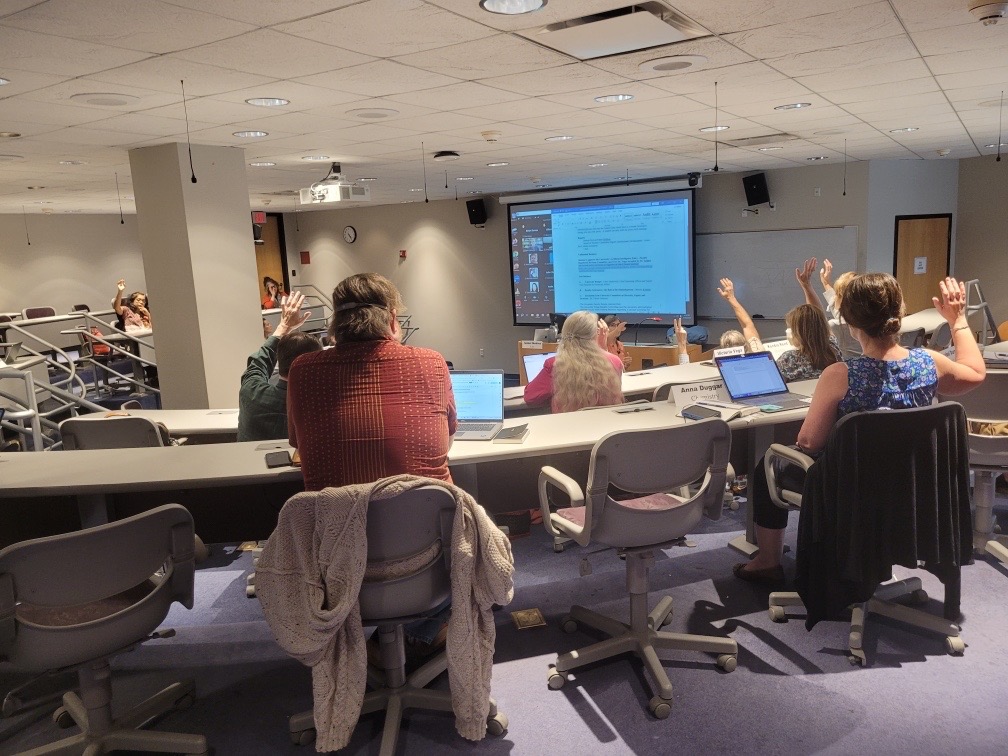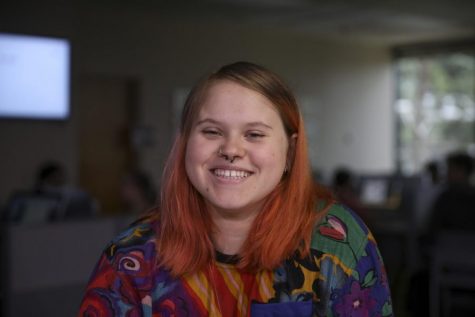Mass communication freshman Sophia Renzi relies on the Office of Accessible Education for testing accommodations. However, because her class ends after 5 p.m., said she has been unable to receive these accommodations.
With the demolition of Mercy Hall and classes extending later than previous years, many students’ class schedules now extend beyond the operating hours of the OAE, leaving those with classes after 5 p.m. needing to work closely and far in advance with OAE for testing accommodations for those classes.
Renzi said, “When I tried filling out the form to take a test for my class, I couldn’t select a time during my class. When I asked the OAE, they said they were closed and told me to ask my professor to meet my accommodations.”
Femi Adegoke, political science junior, said she faced difficulties securing proper accommodations for an off-campus trip through Student Life and Ministry during winter break because she was unable to contact the OAE.
“It was difficult having the accommodations be met outside of having me sleep in a closet or laundry room,” Adegoke said. “I don’t think it was malicious at all, but Student Life and Ministry weren’t really able to meet the need I have outlined by OAE.”
Jacob DeRusha, the university minister for social justice and immersions, clarified the process students undertake to specify their accommodations to SLM.
“For overnight housing, we have a Google form that [students] fill out,” he said. “It asks several questions, such as what gender do you identify as, what genders are you comfortable sharing a room with, and then finally, do you have any general accommodations?” DeRusha said.
DeRusha added if a student specifies their accommodations to SLM, they will make sure everything is clear with the student and run it by OAE for their input.
Adegoke said she didn’t inform the OAE of the issue afterwards because she didn’t want anyone to get in trouble, but said she wishes she’d advocated for herself more.
Amy King, the director of the OAE, acknowledged the issues raised by students. She explained the current limitations in meeting students’ needs after 5 p.m. and how students can secure the proper accommodations they need. The OAE Americans with Disabilities Handbook, page 11, states that if students require proctoring services beyond regular office hours, they must make arrangements a minimum of two weeks prior to the scheduled exam with their faculty and OAE.
“What I’ve found in my years of experience is that students sometimes approach a faculty member who, in some way, indicates they cannot meet the students’ needs,” King said. “If the issue isn’t articulated to our office, we cannot fix the problem.”
King noted that the Testing Coordinator position, who’s responsible for proctoring exams for the OAE, is vacant. The office is actively seeking a replacement.
“The Testing Coordinator position was changed to an hourly position and is currently open and being advertised,” King said. “We hope to have the flexibility to make some adjustments.”
The OAE aims to improve communication with students and support them in any way possible, she said.
“If you have any questions or concerns about your accommodations, you’ve got to let us know because we need to work together,” King said.


